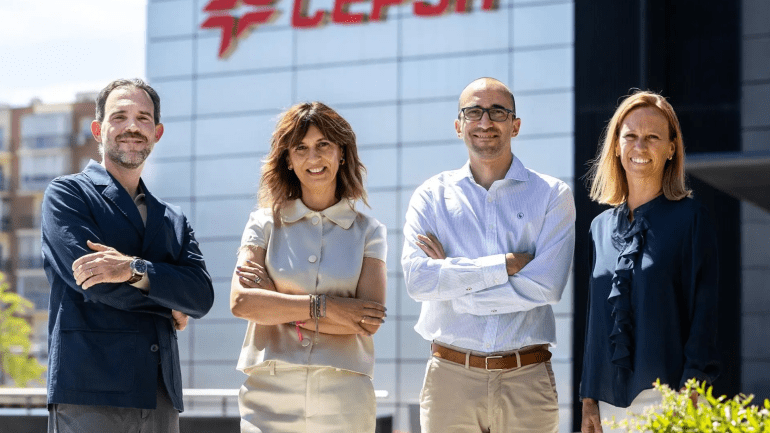- Cepsa partners with OdiseIA to promote ethical and sustainable use of AI.
- ‘Green AI: Artificial Intelligence for Sustainability’ working group to lead efforts.
- Focus on reducing energy consumption and carbon footprint in AI deployment.
- Initiative aims to enhance efficiency and competitiveness across industries.
- Cepsa’s ‘Positive Motion’ strategy integrates green digital solutions with AI and IoT.
Main AI News:
In a move aimed at fostering responsible and sustainable artificial intelligence (AI) practices, Cepsa has announced a strategic partnership with OdiseIA, the observatory for the social and ethical impact of AI. This collaborative effort, which includes over 15 Spanish companies, universities, and institutions, seeks to advance the ethical deployment of AI technologies for societal benefit.
Central to this initiative is Cepsa’s leadership in the ‘Green AI: Artificial Intelligence for Sustainability’ working group, convened by OdiseIA. This consortium will delve into the environmental implications of AI deployment, particularly focusing on energy consumption and carbon footprint reduction strategies within the energy sector. By exploring innovative solutions, the group aims to enhance operational efficiency, spur innovation, and bolster competitiveness across industries.
David Villaseca, Chief Digital Officer at Cepsa, emphasized the critical role of AI in shaping sustainable energy solutions: “Analyzing the implications of AI development in the energy sector is paramount to achieving practical and sustainable outcomes. Through our partnership with OdiseIA, we are committed to promoting the ethical and responsible use of AI, ensuring its positive impact on the energy transition.”
Idoia Salazar, president of OdiseIA, echoed this sentiment, highlighting the significance of the alliance with Cepsa in driving responsible AI practices within the energy industry: “This partnership represents a crucial step towards fostering responsible AI use in energy. Together, we aim to contribute to a more sustainable future empowered by Artificial Intelligence.”
The working group led by Cepsa will focus on two key areas to align AI strategies with social and environmental responsibility: ‘Green in AI’ and ‘Green by AI’. The former aims to optimize energy efficiency throughout AI lifecycle stages, from design and training to execution, leveraging sustainable infrastructures and platforms. Concurrently, ‘Green by AI’ will explore AI applications that directly contribute to environmental improvements, facilitating the transition to renewable energies, emissions reduction, and sustainable resource management.
This initiative is integral to Cepsa’s 2030 energy transition strategy, ‘Positive Motion’, which emphasizes a green digital approach. Leveraging technologies such as the Internet of Things (IoT) and AI, Cepsa aims to democratize data accessibility, enhance operational sustainability, and promote decarbonization efforts among its stakeholders.
Through collaborative efforts with OdiseIA and other industry leaders, Cepsa is poised to drive meaningful advancements in sustainable AI practices, setting a precedent for responsible innovation in the energy sector and beyond.
Conclusion:
Cepsa’s collaboration with OdiseIA to champion sustainable AI practices signifies a proactive approach towards integrating ethical considerations into technological advancements in the energy sector. By leading the ‘Green AI’ initiative, Cepsa not only aims to optimize operational efficiency and innovation but also sets a precedent for responsible AI deployment among industry peers. This initiative reflects a growing market trend towards sustainability-driven innovation, positioning Cepsa at the forefront of transformative change in energy management practices.

